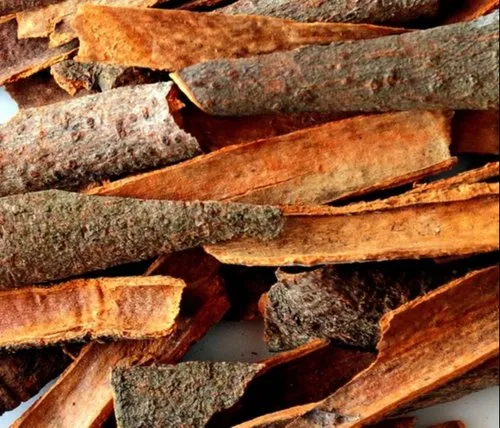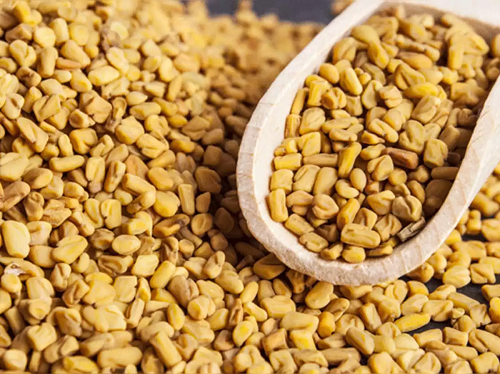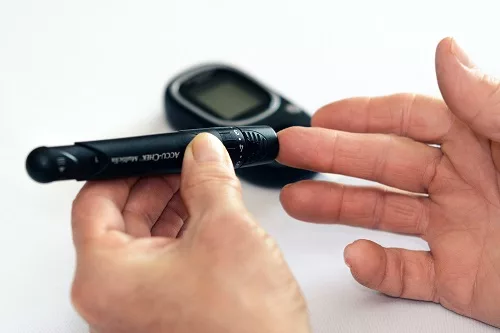Diabetes is a chronic condition that affects millions of people worldwide. While medical treatment and lifestyle changes are crucial for managing diabetes, incorporating home remedies into your routine can provide additional support.
These natural approaches can complement your treatment plan and contribute to better blood sugar control. In this article, we’ll explore some effective home remedies for managing diabetes and maintaining a healthier lifestyle.
1. Cinnamon:

Cinnamon is a popular spice that has been shown to help improve insulin sensitivity and lower blood sugar levels. Incorporating cinnamon into your daily routine is simple – sprinkle it on your morning oatmeal, yogurt, or add it to your smoothies. Studies suggest that consuming about half a teaspoon of cinnamon daily can have a positive impact on blood sugar control.
2. Fenugreek Seeds:

Fenugreek seeds are known for their potential to lower blood sugar levels due to their high soluble fiber content. Soak a teaspoon of fenugreek seeds in water overnight and consume the soaked seeds in the morning on an empty stomach. Alternatively, you can grind the seeds to make a powder and add it to your meals.
3. Bitter Gourd (Bitter Melon):

Bitter gourd is a vegetable with anti-diabetic properties. It contains compounds that can help improve glucose metabolism and increase insulin sensitivity. You can consume bitter gourd as a cooked vegetable or extract its juice and drink it on an empty stomach.
4. Apple Cider Vinegar:

Apple cider vinegar has been shown to improve insulin sensitivity and lower blood sugar levels after meals. Mix a tablespoon of apple cider vinegar with a glass of water and drink it before meals. However, it’s important to consult your healthcare provider before adding apple cider vinegar to your routine, as it can interact with certain medications.
5. Aloe Vera:

Aloe vera gel may contribute to better blood sugar management by reducing fasting blood sugar levels. Drink a small amount of aloe vera juice daily, but be cautious about its laxative effects and potential interactions with medications.
6. Exercise Regularly:

Physical activity is a powerful tool for managing diabetes. Engaging in regular exercise can help improve insulin sensitivity and lower blood sugar levels. Aim for a mix of aerobic exercises, such as walking or swimming, and strength training exercises to enhance overall fitness.
7. Stay Hydrated:

Drinking plenty of water is essential for diabetes management. Proper hydration supports kidney function and helps regulate blood sugar levels. Herbal teas like green tea and cinnamon tea can also provide hydration along with potential blood sugar benefits.
8. Mindful Eating:

Practicing mindful eating can help you make healthier food choices and avoid overeating. Focus on whole, nutrient-dense foods like vegetables, whole grains, lean proteins, and healthy fats. Avoid sugary snacks and processed foods that can cause rapid spikes in blood sugar.
9. Stress Management:

Chronic stress can negatively impact blood sugar levels. Engage in relaxation techniques such as deep breathing, meditation, yoga, or spending time in nature. Prioritizing stress management can contribute to better overall diabetes control.
10. Regular Monitoring:

Lastly, regularly monitoring your blood sugar levels is crucial for tracking your progress. Home blood sugar monitoring allows you to adjust your remedies and lifestyle choices as needed.
Conclusion:
While home remedies can play a supportive role in managing diabetes, they should not replace medical advice and prescribed treatments. Always consult your healthcare provider before making significant changes to your diabetes management plan. By incorporating these natural approaches into your routine alongside medical guidance, you can take proactive steps towards better blood sugar control and an improved quality of life.
